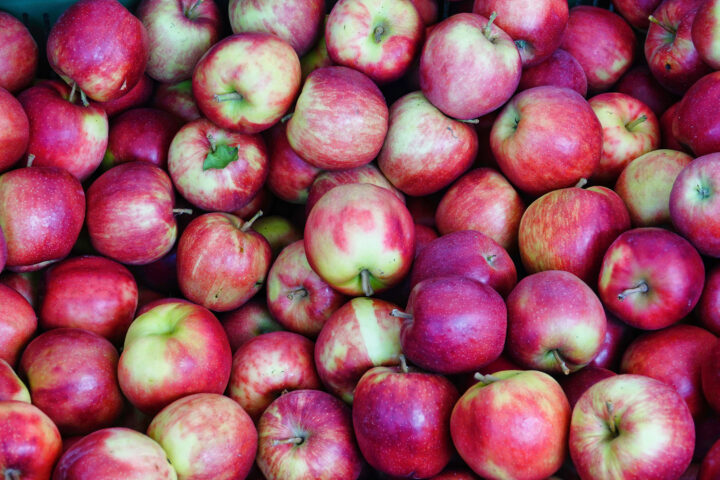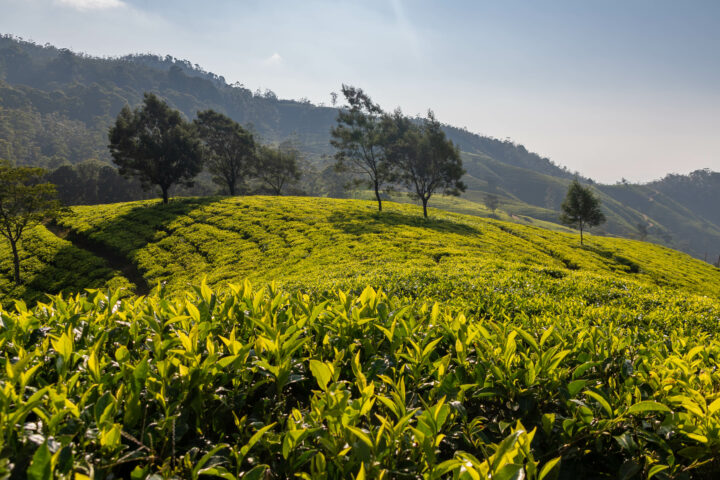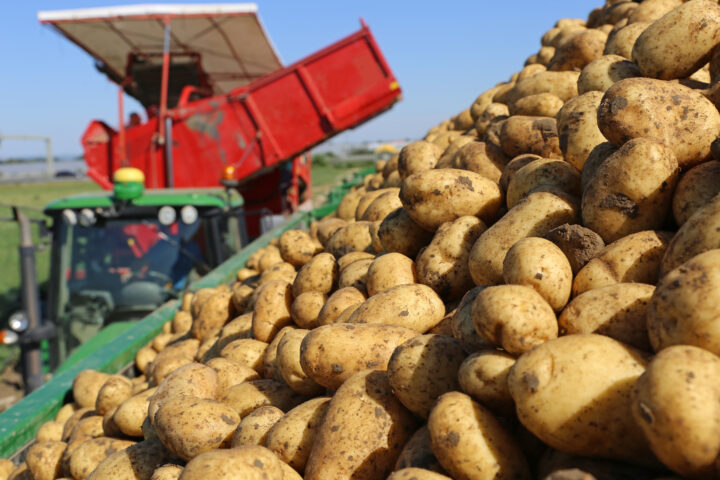
EU approves insects as a food ingredient
At the end of January 2023, the EU approved two new insect species as novel foods. For example, house crickets and lesser mealworms in specific forms may now be marketed as a food ingredient in a number of food products. Certain insects are also approved for use in food processing in Switzerland and have long been considered an environmentally friendly source of protein.
Wednesday, February 22, 2023
As reported by the Infosperber portal, flour and paste forms of the insects can now be used as a food ingredient in bread, rolls, cookies, baking mixes, muesli, pizza, pasta, sauces, and chocolate, or as an additive in other foods. However, the use of insects as food ingredients is nothing new. Specially farmed insects have been used as an ingredient in various foods for many years. Shellac, a secretion of lac insects, is used, for example, for the shiny coating on M&Ms and chocolate drops. In the EU, a total of seven insects are authorized for use in food processing. In principle, the same rules apply in Switzerland as in the EU, provided that they do not contradict Swiss law.
Which insects have been newly approved in the EU since 2023?
- The lesser mealworm – this is the name of the larvae of the litter beetle (Alphitobius diaperinus) – in dried, powdered, frozen or paste form
- House cricket (Acheta domesticus) in defatted powder form
Which insects have been authorized for some time?
- Frozen, paste, dried and powder forms of house cricket in certain foods (since February 2022)
- Migratory locust (Locusta migratoria, since November 2021)
- Mealworm (Tenebrio molito, since June 2021)
- Dyes from cochineal (carmine)
- Secretion of lac insects (shellac)
Source: infosperber.ch
Food of the future?
Farmed insects have long been considered a super food. Rich in protein, there has been much discussion of their use as a substitute for conventional meat products. Containing essential omega-3 and omega-6 fatty acids, they are rich in minerals and trace elements. Insect farming is also considered more climate and environmentally friendly than livestock farming as it requires less water and land and emits fewer greenhouse gases.
Also approved in Switzerland
Insects are also authorized for use as a food ingredient in Switzerland. Mealworms, house crickets and migratory locusts, for example, have been approved for use in certain foods since 2017. However, as Swiss radio and television magazine Espresso reports, the proportion of insect flour in Swiss food must not exceed 5%.
In addition, if a food contains insects, this must be clearly stated on the packaging. To date, edible insects have received a frosty reception from Swiss consumers. At the end of 2021, Migros retired dried mealworms, crickets and grasshoppers from sale after about three years due to insufficient demand. It remains to be seen whether consumers will accept insect flour and paste in food in the long term.
Sources
SRF Espresso, February 8, 2023
Kindly note:
We, a non-native editorial team value clear and faultless communication. At times we have to prioritize speed over perfection, utilizing tools, that are still learning.
We are deepL sorry for any observed stylistic or spelling errors.
Related articles

Science resists ban on GMO crops
The Supreme Court in the Philippines wants to stop the cultivation of genetically modified plants Golden Rice and Bt aubergine (Bacillus thuringiensis). This is anything but well received by the government and the scientific community: The ban could jeopardise the country's food security.

Where the focus lies in apple breeding
The new head of Agroscope's fruit breeding research group is Andrea Patocchi. In an interview with the trade journal Obst + Wein, he explains where the focus of apple breeding lies today.

Chinese robot picks tea
There is a shortage of tea pickers in China. A robot developed by a researcher is set to remedy the situation and take over the work in future. Thanks to artificial intelligence, the machine can even recognise the shoots of the tea plant. The first harvesting robots are also already being developed in Switzerland.

Potato farmers want robust varieties
As the use of crop protection has been massively reduced, the potato industry now wants to focus on more robust varieties. The industry has even concluded a target agreement with the federal government. This is ambitious: By 2040, robust varieties are to grow on 80% of potato cultivation areas.

